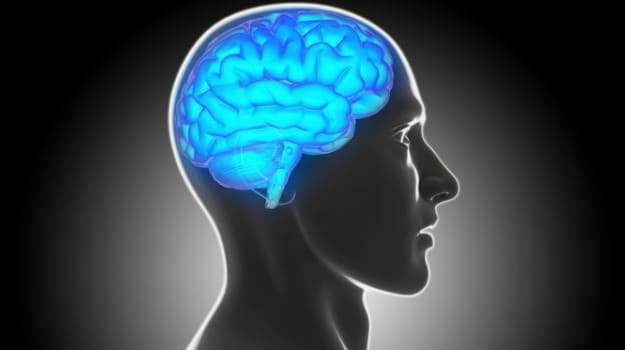The human brain is composed of neurons, glial cells, neural stem cells and blood vessels. The number of neurons is estimated at roughly 100 billion. According to a recent research conducted by Domenico Pratico, Professor, The Temple University in Pennsylvania, US, chronic episodes of a dip in the sugar levels in the brain may trigger the onset of cognitive decline, especially memory loss leading to Alzheimer's disease.

The study showed that the decline in glucose levels in hippocampus - a brain region that plays a key role in processing and storing memories - appears in the early stages of mild cognitive impairment that is before the symptoms of memory problems begin to surface. The hippocampus and other regions of the brain rely exclusively on glucose for fuel without which the neurons starve and eventually die.
Pratico said, "One of the changes that has been consistently reported in the brains of patients with different degrees of cognitive impairment, is a decrease in glucose availability in the hippocampus". The findings also explains why diabetics are more at risk of dementia as long-term small decreases in glucose leads to brain damage. Furthermore, the memory impairment was found to occur through a mechanism involving the accumulation of a protein known as phosphorylated tau - which precipitates and aggregates in the brain, forming tangles and inducing neuronal death, the researchers said.
"There is a high likelihood that those types of episodes are related to diabetes, which is a condition in which glucose cannot enter the cell," Pratico added. The results revealed that the glucose-deprived patient will perform significantly worse on memory tests, showing high levels of phosphorylated tau and dramatically increased amounts of cell death as well as exhibited abnormal synaptic function, suggesting that neural communication pathways had broken down.












